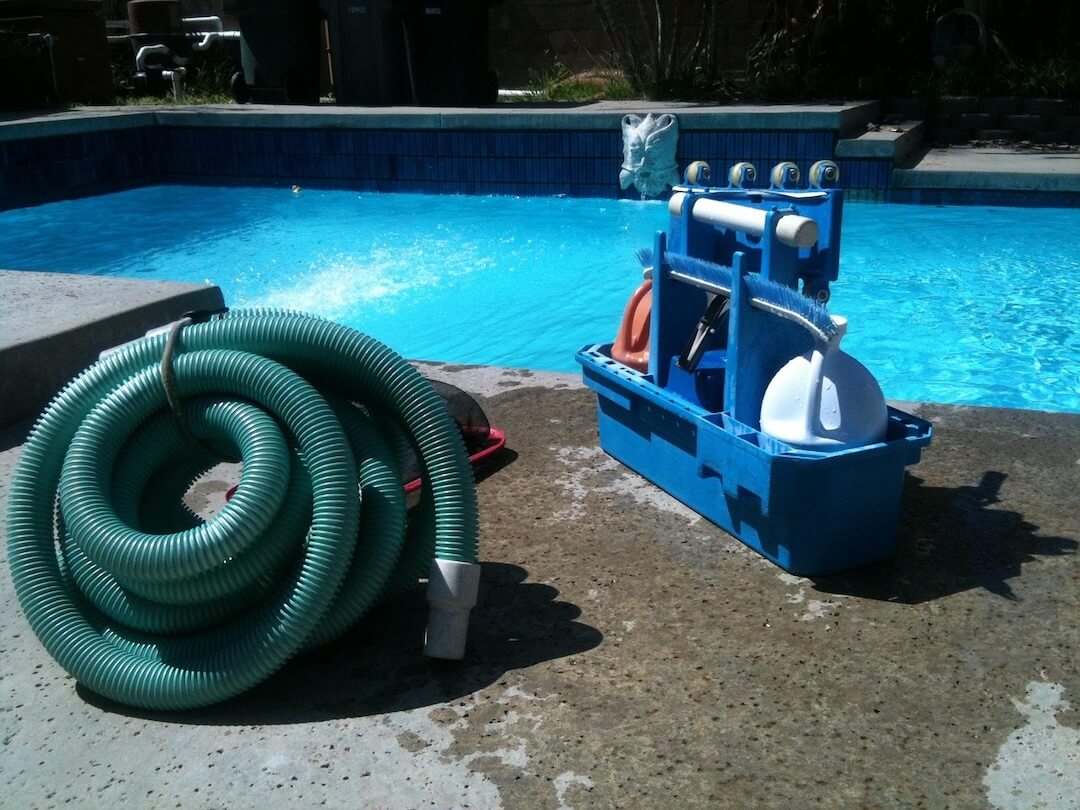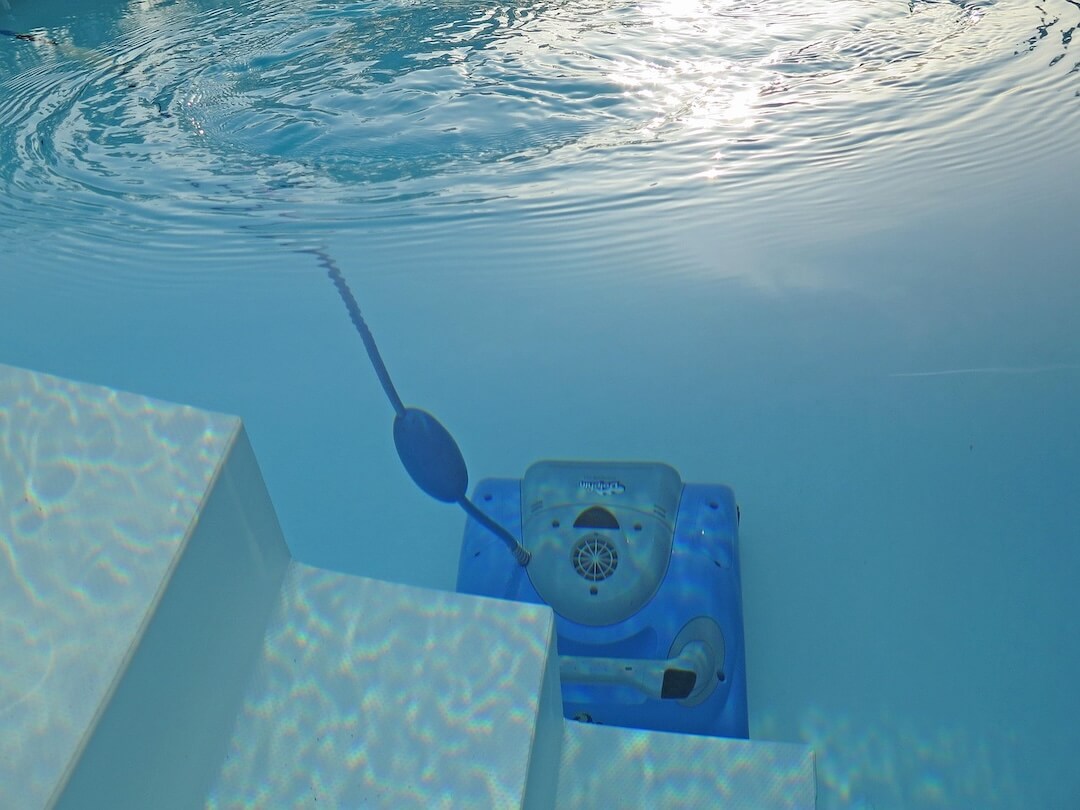How to Balance Pool pH Levels

How to Balance Pool pH Levels
Maintaining the correct pH level in your swimming pool is fundamental to ensuring a safe, clean, and enjoyable swimming experience. In Pembroke Pines, where the warm climate encourages frequent pool use, understanding how to properly balance your pool’s pH is essential for protecting your investment and promoting healthy water conditions. Our pool experts recommend regular testing and adjustments to keep the pH within the ideal range, which is typically between 7.2 and 7.8. This range not only keeps your water clear and inviting but also prevents damage to pool equipment and minimizes skin and eye irritation for swimmers.
Why pH Balance Matters in Your Pool
Proper pH balance influences many aspects of pool maintenance. When the pH level drops below 7.2, the water becomes too acidic, which can cause corrosion of metal parts, damage to pool surfaces, and uncomfortable swimming conditions. Conversely, if the pH exceeds 7.8, the water becomes too alkaline, leading to cloudy water, scaling on pool surfaces and equipment, and reduced effectiveness of sanitizers like chlorine. Maintaining a balanced pH level ensures that disinfectants work efficiently, reducing bacteria and algae growth while prolonging the lifespan of your pool components.
How to Test Your Pool’s pH Level
Testing your pool’s pH regularly is an important step in maintaining water quality. Our Pembroke Pines pool specialists suggest testing at least twice a week during peak usage seasons and once a week during cooler months. Simple testing kits are available at local pool stores. These kits typically involve using test strips or liquid reagents that change color based on the pH level. To get the most accurate reading, carefully follow the instructions provided with your test kit. Always collect a water sample from the middle of the pool, away from skimmers and returns, to avoid skewed results.
Adjusting Pool pH Levels Effectively
Once you know your pool’s pH is outside the ideal range, it’s time to make adjustments. If the pH is too low, indicating acidity, your pool specialists recommend adding a pH increaser, commonly known as pH plus or sodium carbonate. This chemical raises the pH gradually, so add small amounts, wait several hours, and test again to avoid overshooting the target range. For high pH levels, a pH reducer or pH minus, typically muriatic acid or sodium bisulfate, should be used cautiously. Always follow manufacturer instructions, wear protective gear, and add chemicals to water slowly while circulating the pool to ensure even distribution.
Best Practices for Maintaining pH Balance in Pembroke Pines
Consistency is key when it comes to pH management. Our experts emphasize the importance of establishing a routine testing schedule and making minor adjustments as needed. Regularly brushing pool surfaces and cleaning filters help prevent debris buildup that can throw off water chemistry. Using quality chemicals from reputable suppliers ensures safe and predictable results. Additionally, monitoring other water parameters such as total alkalinity and calcium hardness can aid in stabilizing pH levels more effectively. In Pembroke Pines’ climate, where evaporation rates can be higher, keeping an eye on water levels and topping off the pool with fresh water is crucial, as this can affect the overall chemistry.
Common Challenges and How to Overcome Them
Many pool owners in Pembroke Pines face challenges like fluctuating pH levels due to heavy usage, rain, or evaporation. In some cases, algae blooms or mineral buildup can also impact pH stability. Our pool specialists recommend addressing these issues promptly by performing a comprehensive water test and adjusting chemicals accordingly. If pH swings are frequent, consider installing a water stabilization system or automated pH control device to maintain consistent levels. Regularly checking for leaks or structural issues can also prevent unexpected changes in water chemistry. Remember, patience and diligence are essential for achieving and maintaining the perfect pH balance.
When to Seek Professional Assistance
While routine testing and adjustments are manageable for most pool owners, certain situations warrant professional help. If you notice persistent water problems, algae growth despite chemical adjustments, or difficulty maintaining stable pH levels, contact our specialists. We can perform detailed water analysis, recommend tailored chemical treatments, and inspect your pool’s equipment and plumbing system. Trusting experts ensures your Pembroke Pines pool remains in pristine condition, offering peace of mind for your family’s safety and enjoyment.
In conclusion, mastering the art of balancing pool pH levels ensures that your swimming environment remains safe, healthy, and inviting year-round. Regular testing, careful chemical application, and proactive maintenance are the cornerstones of excellent water chemistry. Our pool professionals in Pembroke Pines are here to provide guidance, support, and expert services to help you achieve perfect pH balance effortlessly. Contact us today to learn more about how we can help keep your pool in optimal condition and provide you with years of enjoyable swimming.



